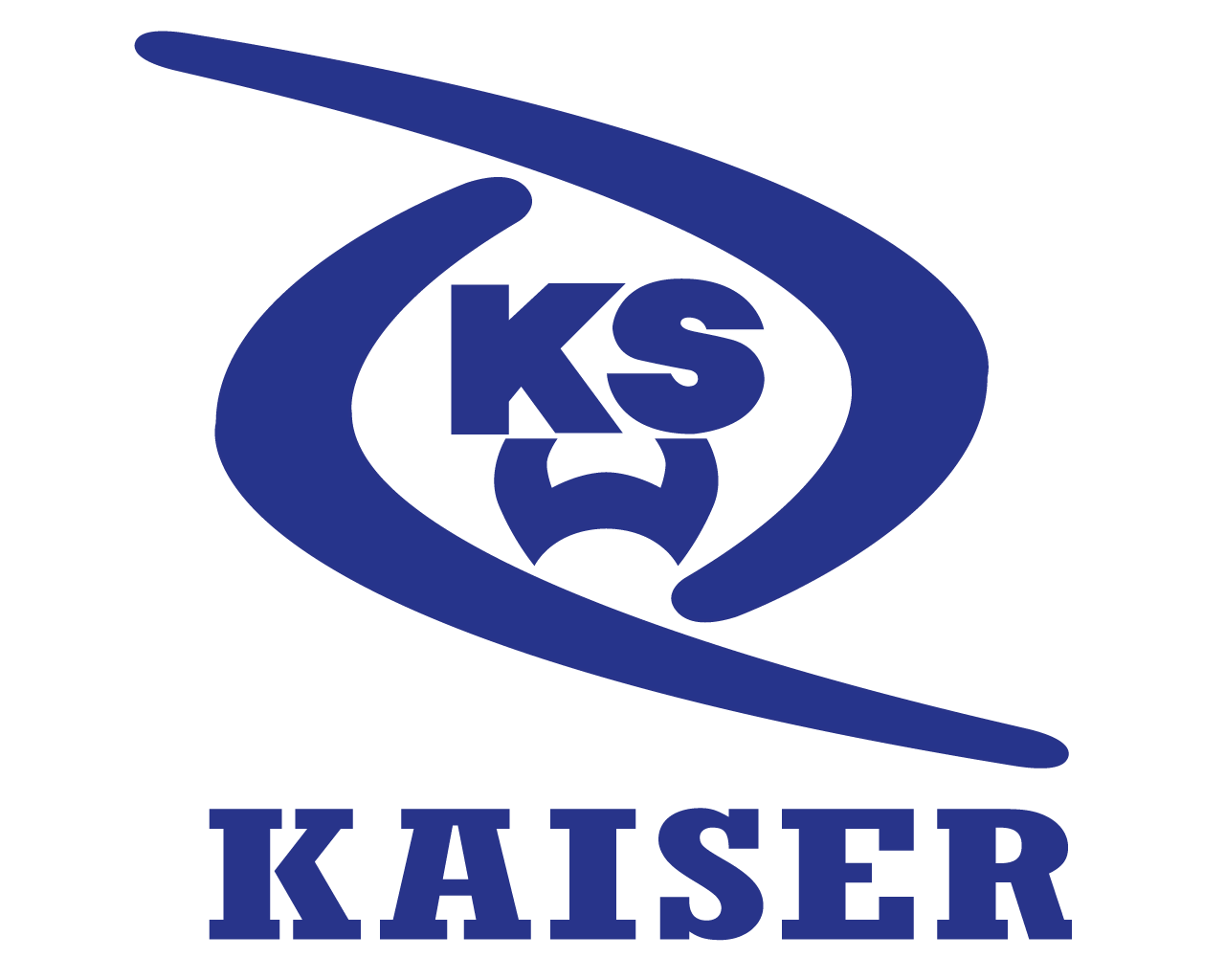Forging technology for medical technology: precision and innovation
Aluminum as a material in medical technology
Medical technology places the highest demands on materials and manufacturing processes. Components must be lightweight, corrosion-resistant, and highly stable in order to function reliably in everyday clinical use. Aluminum meets these requirements to a particularly high degree. In combination with modern forging technology, components are created that impress not only with their precision, but also with their durability and cost-effectiveness. Translated with DeepL.com (free version)
In areas such as dental chairs, diagnostic systems, prostheses, and wheelchairs, it is particularly important to strike the perfect balance between stability and weight. Here, aluminum provides the basis for components that make everyday life easier for patients and users alike.
Forging technology as a guarantee for precision
Drop forging is an established process that shapes aluminum parts into a defined form while optimally aligning the grain structure of the material. The result is components with exceptional strength and precision. For medical technology, this means that even highly stressed components can be used reliably without compromising safety.
Typical advantages of forging technology in this environment are:
- High dimensional accuracy and precision even with complex geometries
- Improved mechanical properties through targeted fiber orientation
- Efficient use of materials and thus resource-saving production
- Reproducible quality for high quantities
These characteristics make the process an ideal choice for medical technology applications where reliability and precision are essential.
Custom manufacturing according to customer drawings
A key feature is that production is always based on individual customer drawings. Each component is developed and implemented according to the client's specifications. This results in tailor-made solutions that are precisely tailored to the respective application – whether for patient mobility, the functionality of medical devices, or the durability of implant parts.
This approach ensures that the finished forgings not only meet the highest technical standards, but can also be seamlessly integrated into existing systems.
Areas of application in medical technology
Forged aluminum parts are used in many areas of medical technology. Components are frequently requested for:
- Prosthetic components that must be both lightweight and resilient
- Structural elements in mobility aids such as walkers or wheelchairs
- Fastening and connecting parts in diagnostic devices
- Housing components for analysis and laboratory technology
The high corrosion resistance of aluminum ensures that the components remain permanently functional even in environments with high humidity or regular cleaning.
Surface finishing for hygiene and durability
In addition to the forging process, surface treatment also plays a key role. Hygienic and easy-care surfaces are crucial for medical technology. Processes such as anodizing increase resistance to corrosion and abrasion, while powder coatings offer additional protection and design options.
This results in components that meet the highest standards, not only technically but also functionally.
Conclusion: Forging technology as a future solution in medical technology
The combination of aluminum and forging technology offers medical technology precisely the properties required for modern applications: precision, stability, hygiene, and sustainability. Working closely with clients, we create customized components that meet the high demands of the healthcare sector and offer reliable, long-term solutions.
Aluminum forgings are therefore a key component in the medical technology of today and tomorrow.

